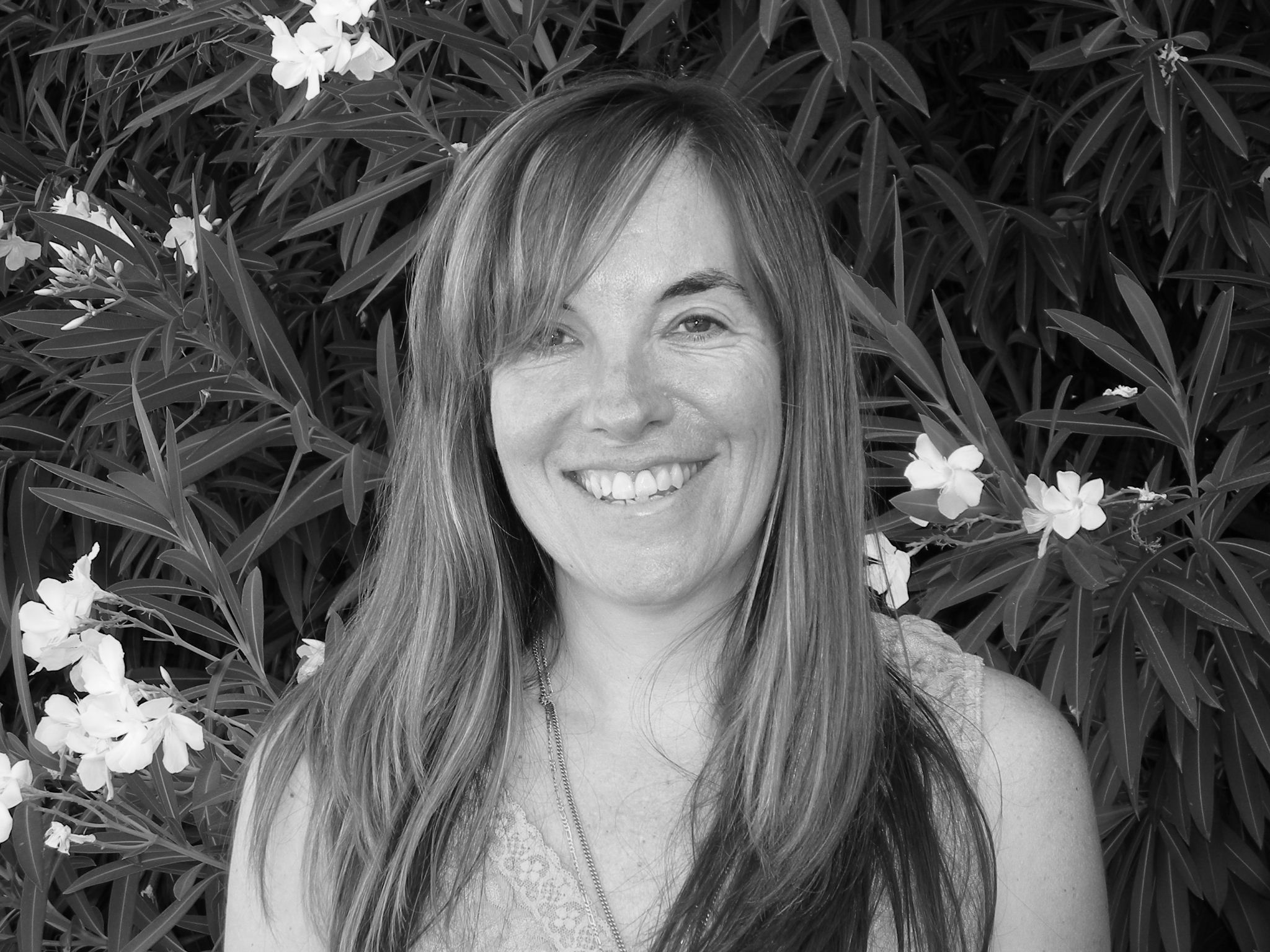Story Idea Generation: It’s Not What You Think
 When people ask me where my stories come from, I never know how to answer the question. Sometimes, I shrug and summarize my published stories in one-liners: “The bad priest story” or “The woman left behind.” These phrases are actually more descriptive of idea than plot, so if the inquisitor is especially inquisitive, I may add detail regarding where I was in my life when the story was written. In the case of the “bad priest,” I was working in the finance department of a Roman Catholic Diocesan office. I was in the midst of learning that priests are people too, as flawed as the rest of us. It was a hard lesson, and it created the “bad priest” idea. In the case of the “woman left behind,” I’d read so many stories of a cheating spouse who left his/her mate that I questioned, what about the person left behind? I chose the person to be a woman, and I imagined life through her eyes after her husband left. With the exception of the latter, most of my stories in their final form do not closely resemble the original idea that gave them life.
When people ask me where my stories come from, I never know how to answer the question. Sometimes, I shrug and summarize my published stories in one-liners: “The bad priest story” or “The woman left behind.” These phrases are actually more descriptive of idea than plot, so if the inquisitor is especially inquisitive, I may add detail regarding where I was in my life when the story was written. In the case of the “bad priest,” I was working in the finance department of a Roman Catholic Diocesan office. I was in the midst of learning that priests are people too, as flawed as the rest of us. It was a hard lesson, and it created the “bad priest” idea. In the case of the “woman left behind,” I’d read so many stories of a cheating spouse who left his/her mate that I questioned, what about the person left behind? I chose the person to be a woman, and I imagined life through her eyes after her husband left. With the exception of the latter, most of my stories in their final form do not closely resemble the original idea that gave them life.
For often, as I revise and re-structure, the characters move the plot in a direction not anticipated. The best example of this is my most recently completed story, The Happy Family. The initial idea rose from my mom’s TIA, a minor stroke-like-thing (a layman’s definition). However, it was clear early in the writing that a sick/aging parent was not central to the story but a complication, or plot point, and the protagonist was vaguely defined. So it was easy for the story to morph to include a dying father (after mine died) and many other non-salient details as I searched for my protagonist’s heart—her conflict & motivation. After much time, frustration, and struggle with revision and outlining, I discovered the story to be about a dysfunctional family and the protagonist, the daughter, who has to save it from self-destruction—if it can indeed be saved. While the dying father remains salient, the mother’s illness and many other details had to be cut for the true story to emerge.
I tried to walk away from The Happy Family because despite the hours and hours and hours I spent on it, the story continued to evade me. This is not unusual: I frequently try to walk away from story ideas and/or characters to test their importance. When the characters insist their stories be told, I press on; I will not desert them. Some characters, for example, the four protagonists in my novel, The Fairest of Them All, make me question my ability to give them voice and serve them well. The novel is about the divide between whites and Mexicans, particularly undocumented Mexicans, and of the four protagonists, two are Mexican males, one is an older white male, and the last, a white female. The topic is a bit controversial, and my ethnicity and gender is different than most found in the novel. Additionally, all four protagonists have characteristics that make them unlikeable—I tell the inquisitive they are “bad people with good hearts.” And it is the characters’ hearts that speak loudest to me: It is the heart that envelops the story. So regardless of challenges, if a character’s voice is strong, if my heart refuses to close to him/her, I will press on with more determination than ever.
As an artist, I am not always privy to the why’s and wherefore’s that draw me to one idea or another. My job is not to question but to go where I’m led and be true to my characters—their hearts, their motivations. Because that is what matters.
